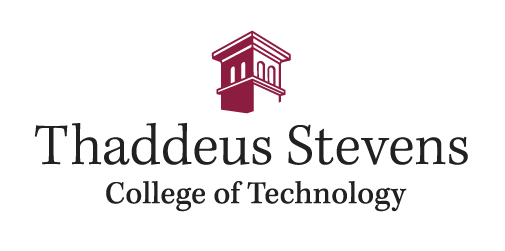Engineering CAD Technology
Curriculum FACULTY TOOL LIST APPLY
Tuition, Fees, and Financial Aid
The Engineering Computer-Aided Drafting (ECAD) Technology program prepares graduates for positions as entry-level CAD operators in a wide range of manufacturing and engineering industries. Skills acquired from this program of study will allow students to become an integral part of product design and the manufacturing of those products. Graduates will apply specialized knowledge and
From preliminary drawings and
Upon completion of the program, graduates will find various employment opportunities in the following fields:
- CAD Operator
- Cost Estimator
- Drafting Manager
- Drafting Supervisor
- Mechanical Detailer
Program Objectives
A graduate of this program will be able to do the following:
- Produce working drawings such as detail, subassembly, and full-assembly drawings utilizing manual, freehand, and computer-aided drafting techniques.
- Recognize and apply the ASME Y14.5 guidelines in the creation of mechanical working drawings.
- Apply industrial standards to the creation of working drawings of sheet-metal components, welded assemblies, electronics drafting, piping systems, and power transmission components.
- Identify and understand basic manufacturing processes as they relate to the dimensioning of working drawings.
- Demonstrate an ability to work independently and to apply interpersonal and technical skills to solve problems as a member of a multi-disciplinary team.
- Demonstrate skills and proficiency in multiple 2D and 3D solid modeling CAD software packages.
| Engineering ECAD Employers | SOAR Articulation Agreement |
|
|

